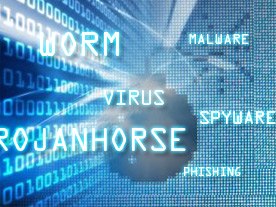 “I would say it’s pretty brazen really. We are being hit by the Russians more or less every day,” says one Nato military cyber defence specialist. …
“I would say it’s pretty brazen really. We are being hit by the Russians more or less every day,” says one Nato military cyber defence specialist. …
“We could turn the lights off anywhere we wanted to,” says a senior British official with close knowledge of the UK’s offensive capabilities. “But we’re not about to. Part of the problem is in working out what the effects of that would be. And how an adversary would respond. Nobody wants an actual war.”
The problem is perhaps the extent to which western governments have been slow to realise the extent the cyber domain has changed the notion of warfare itself. Russia’s current military doctrine, for example, envisages future conflicts in which war is never truly declared: instead aggression moves along a sliding scale.
Russia’s aggressive actions in cyber space are all carefully designed to fall short of warranting any kind of serious military or aggressive response.
One of Moscow’s new favoured tactics is to arm crime syndicates with sophisticated hacking tools and malware and subcontract them to undertake operations against adversaries or to mount so-called “false flag” attacks to muddy the water around attribution, says a senior US military cyber command officer.
Image: Russia arms "crime syndicates with sophisticated hacking tools and malware" (photo: NATO)
